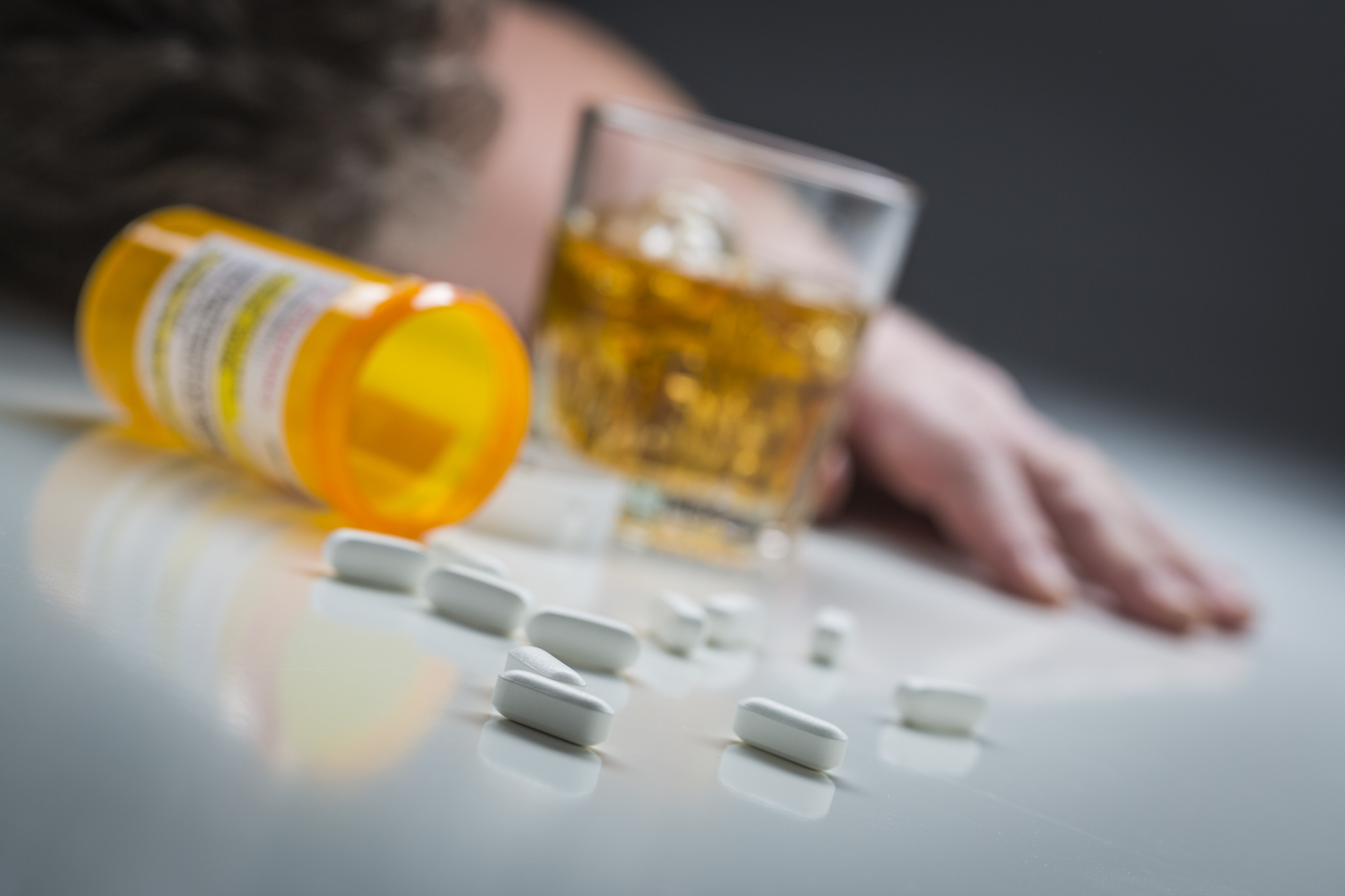It is important to realize that not everyone is the same, and their responses and triggers may be different than yours. Sometimes it only takes one thing to change the course of someone’s life. This is especially true when it comes to addiction.
Many factors determine whether or not someone will develop an addiction. Read on to learn about the different contributing factors that may determine if someone will become an addict.
Let’s get started understanding addiction!
Contents
Genetic Predisposition
Regarding genetic predisposition, some people are more likely to suffer from addiction. This is because of their genetic makeup. Genes can affect the intensity of addiction and certain traits. This includes impulsivity which can make certain individuals more susceptible to addiction.
Additionally, genetic factors can affect how quickly someone becomes addicted to a substance. Understanding potential genetic contributors to addiction can help inform solutions. Thus, reducing addiction risk and providing better treatment strategies for people prone to addiction.
Neurochemical Factors
Neurotransmitters such as dopamine, serotonin, and norepinephrine can play a significant role in the development of addiction. When a person uses drugs or alcohol, these chemicals are released.
It then creates pleasure and cognition changes. Long-term use of drugs or alcohol can lead to an increase in tolerance. It requires higher or more frequent doses of the substance to experience the same high.
Environmental Factors
Individuals raised in a family or environment where substance use is normalized are more vulnerable to developing a dependence on drugs or alcohol. This goes the same for those with a family history of substance use disorder. Likewise, those living in impoverished areas with higher availability and access to illicit drugs can also increase a person’s vulnerability to addiction.
Mental Health Conditions
Those who struggle with mental health conditions may feel stigmatized or isolated. This makes them more likely to use addiction as a form of escape. It makes them feel like they can cope with difficult emotions. Mental health conditions include:
- anxiety
- depression
- post-traumatic stress disorder
All these can be a significant factor in why some are more prone to addiction than others. People with mental health conditions often have difficulty managing emotions and stress. Thus, self-medication with drugs or alcohol provides a sense of relief or control.
Social and Peer Pressure
Individuals that are surrounded by peers who engage in substance use are more likely to succumb to peer pressure and become addicted. Peer pressure is a universal issue. However, it can be a greater problem among teenagers who are trying to find their identity.
When social groups tend to accept using drugs or alcohol as a way to bond or gain approval, this can lead to an increased risk of substance use among members of that social group. You may want to check out these facts on teens, peer pressure, and addiction.
Understanding Addiction is Important
Addiction is a complex phenomenon. People’s biology, mental health, circumstances, and environment can all play a role in an individual’s risk of developing addiction. Understanding addiction and why some people are more prone to addiction than others can help to reduce stigma and inform more informed interventions to treat and prevent addiction. To find out more, talk to your doctor to get the help you need.
For more helpful articles, feel free to visit our blog page.



